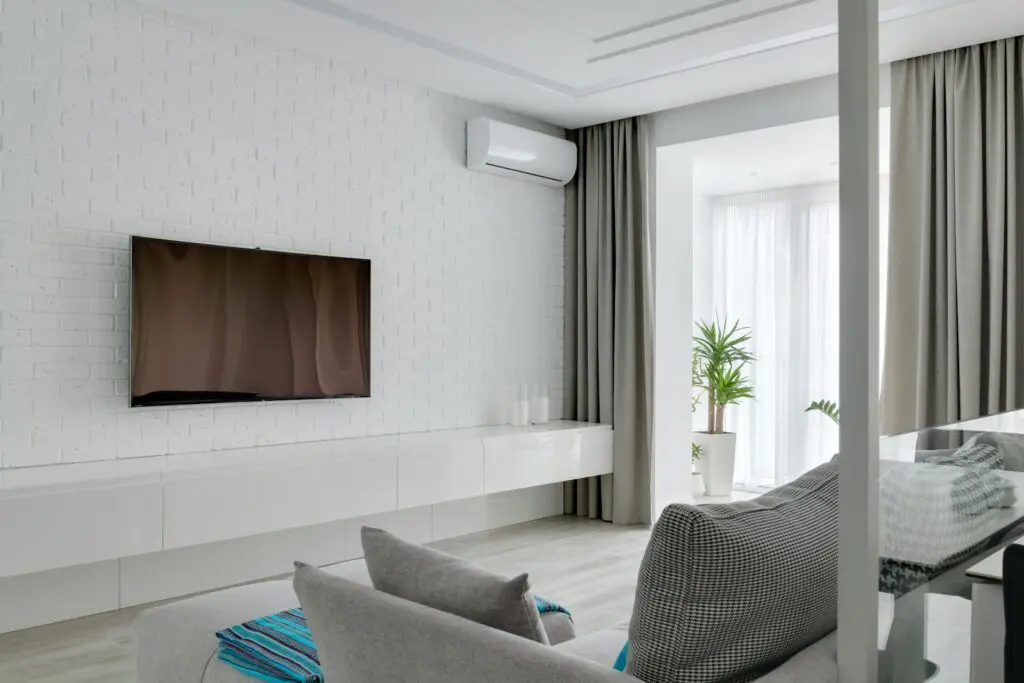How Coastal Humidity Impacts Your HVAC System: Pro Tips for Lowcountry Homeowners

Learn how to spot and prevent HVAC problems caused by coastal humidity in Lowcountry homes. Get tips to protect your comfort and system efficiency.

Learn how to spot and prevent HVAC problems caused by coastal humidity in Lowcountry homes. Get tips to protect your comfort and system efficiency.